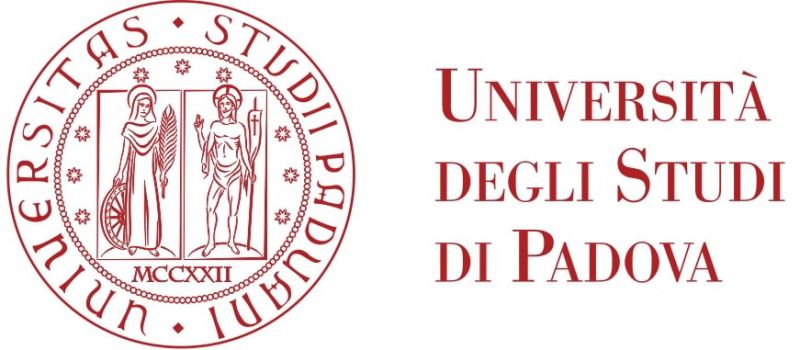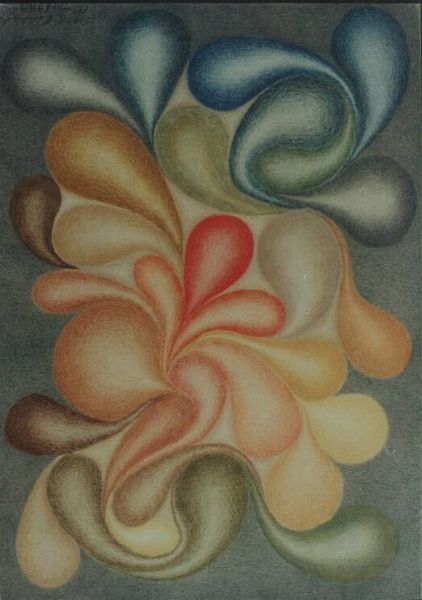

Recent Research Grants
|
IMPROVE (Implementing Manufacturing science solutions to increase equiPment pROductiVity and fab pErformance) |
Improve is a focused 36 month project that answers to the "advanced line operations" industrial project of the sub-programme SP8 "Equipment & Materials for Nanoelectronics" of the first ENIAC JU call (2008).
- The development of Virtual Metrology (VM) techniques allowing the control of the process at wafer level whilst suppressing standard metrology steps.
- The development of Predictive Maintenance (PM) techniques to improve the process tools reliability whilst optimizing the maintenance frequency and increasing the equipment uptime.
- The development of Adaptive Control Plan (ACP) concepts, suppressing unnecessary measurements steps whilst dynamically improving the control plan efficiency.
|
ELT Design Study - Technology development towards a European Extremely Large Telescope |
|
Funding: EU FP6
Specific Support Action
Duration:
2005-2009
Role:
Principal Investigator of the Padova Unit
|
With a diameter of 42 m and being fully adaptive from the start, the E-ELT will be more than one hundred times more sensitive than the present-day largest optical telescopes. The E-ELT will vastly advance astrophysical knowledge by enabling detailed studies of planets around other stars, the first galaxies in the Universe, super-massive black holes, and the nature of the Universe's dark sector
|
MACONDO: Modeling And CONtrol of Deformable Objects |
|
|
Funding:
University of Padova
Duration:
2005-2006
Role: Principal
Investigator
|
|
Current profile control of magnetically confined plasmas for Controlled Thermonuclear Fusion, and its effects on the plasma shape control system performance |
|
Funding: MIUR, National Interest Research Program (PRIN
2001)
Duration:
2002-2004
Role: Principal Investigator of the Padova
Unit |
Main objective of the research program is to investigate the effects of large core plasma profile variations on the plasma position and shape control system. In this respect it should be noted that even if magnetic and kinetic control are, in many cases, fairly well de-coupled (e.g. circular plasmas, Ohmic profiles etc.), in some other instances (e.g. Advanced Scenarios plasmas) the two systems are inter-linked and should work together to fulfil more demanding control specifications. The research activity related to this objective will focus on the study of both tokamak and Reversed Field Pinch plasmas. The activity is carried out in the framework of the European Fusion Development Agreement.




